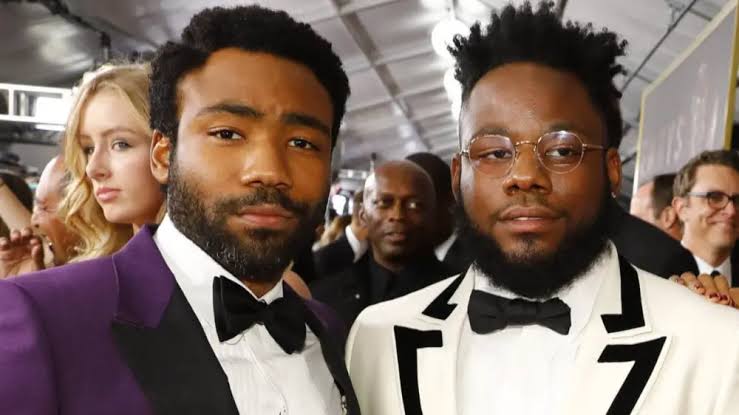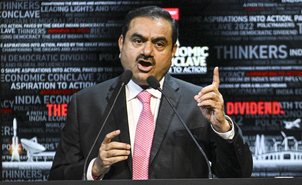Government does not have data to prove same-sex marriage is urban-elitist concept; more urban people come out of closet: Supreme Court
The government had earlier said that the petitioners seeking recognition of same-sex marriages, represent urban elitist views.

Same-sex relationships and queer rights are not urban-elitist concepts as claimed by the Central government, the Supreme Court remarked on Wednesday while hearing the petitions seeking recognition of same-sex marriage under law.
Chief Justice of India (CJI) DY Chandrachud said that more people living in urban areas are coming out of the closet as regards their sexual identity but that does not mean the government has any data to show that such concepts or demands for same-sex marriages are limited to urban elitist population.
He further said that the State cannot discriminate persons based on their innate characteristics over which they do not have any control.
"State cannot discriminate against an individual on the basis of a characteristic over which the individual does not have control. When you see it as innate characteristics, then it counters (argument of) urban elitist concept.. urban perhaps because more people are coming out of the closet. Government does not have any data also to show that same sex marriage is an urban elitist concept," he said.
The remarks came in response to the submission by the government that the petitioners seeking recognition of same-sex marriages represent urban elitist views.
The government in its affidavit claimed that the petitions represent "mere urban elitist views for the purpose of social acceptance" and the legislature will have to consider broader views of all sections of the society.
A Constitution Bench of the Supreme Court is hearing a batch of pleas seeking legal recognition of same-sex marriages in India.
The bench besides CJI Chandrachud also comprises Justices Sanjay Kishan Kaul, S Ravindra Bhat, PS Narasimha and Hima Kohli.
The batch of petitions have sought the recognition of same-sex marriages under law, arguing that the right to marry a person of one’s choice should extend to LGBTQIA+ citizens as well.
The Central government has opposed the petitions.
In an affidavit filed before the top court, the Central government said that living together as partners and having sexual relationship by same sex individuals is not comparable to the Indian family unit concept which involves biological man and biological woman with children born out of such wedlock.
The Centre has also filed an application asking the Court to first decide on the maintainability of the petitions.
Yesterday, the hearing began on a heated note with the government saying that it will re-examine whether to participate in the proceedings or not.
Islamic religious body Jamiat-Ulama-I-Hind, has said that notions like same sex marriage originate from western culture that have radical atheistic worldviews and the same should not be imposed on India.
The National Commission for Protection of Child Rights (NCPCR) has also opposed conferral of adoption rights on same-sex couples, relying on a study which shows that such a child gets affected both socially and psychologically.
However, the Delhi Commission for Protection of Child Rights (DCPCR) has supported the case of the petitioners, and said adoption and succession rights must be conferred on same-sex couples.

















